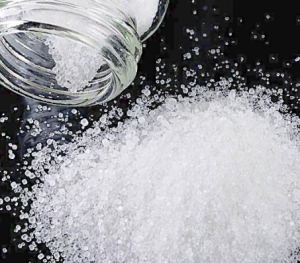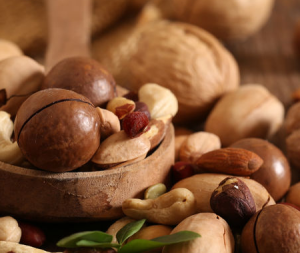Antioxidants are substances that protect the body from the harmful effects of free radicals. Free radicals are molecules produced by the body during normal metabolic processes, but they can also be generated by environmental factors such as pollution, smoking, and radiation. These free radicals can cause damage to cells and contribute to the development of many chronic diseases, including cancer, heart disease, and Alzheimer's. Antioxidants play a vital role in reducing the risk of these diseases by neutralizing free radicals and protecting the body's cells from damage.
In addition to their ability to fight disease, antioxidants also play a crucial role in boosting immune health. The immune system is the body's natural defense against infections and diseases, and it is essential to keep it strong and functioning correctly. Antioxidants support immune health by protecting the immune system cells from damage caused by free radicals. They also enhance the production of antibodies and other immune cells, helping the body to fight off infections and diseases more effectively.

One of the most well-known antioxidants is vitamin C. This vitamin is essential for immune health, and it is involved in the production of white blood cells, which are the body's primary defense against infection. Vitamin C also stimulates the production of interferons, which are proteins that help the body fight off viruses. Foods that are high in vitamin C include citrus fruits, strawberries, kiwi, bell peppers, and broccoli.


Another important antioxidant for immune health is vitamin E. This vitamin is a powerful antioxidant that protects the body's cells from damage caused by free radicals. It is also essential for the proper functioning of the immune system, as it helps to regulate the activity of T-cells, which are the immune system cells that help fight off infections. Vitamin E is found in foods such as nuts, seeds, vegetable oils, and leafy green vegetables.
Beta-carotene is another antioxidant that plays a crucial role in immune health. This nutrient is converted by the body into vitamin A, which is essential for the proper functioning of the immune system. Vitamin A helps to maintain the integrity of the skin and mucous membranes, which are the body's first line of defense against infection. It also stimulates the production of white blood cells and antibodies. Foods that are high in beta-carotene include sweet potatoes, carrots, pumpkin, and leafy green vegetables.
Selenium is a mineral that acts as an antioxidant in the body. It is essential for immune health, as it helps to stimulate the production of white blood cells and antibodies. Selenium also helps to protect the body's cells from damage caused by free radicals. Foods that are high in selenium include Brazil nuts, seafood, and whole grains.


In addition to these essential nutrients, many other antioxidants play a role in immune health. These include flavonoids, which are found in fruits and vegetables, and polyphenols, which are found in tea and red wine. These antioxidants have been shown to boost immune function by protecting the body's cells from damage and enhancing the activity of immune cells.
In conclusion, antioxidants play a vital role in boosting immune health by protecting the body's cells from damage caused by free radicals and enhancing the activity of immune cells. Vitamin C, vitamin E, beta-carotene, selenium, and other antioxidants found in fruits, vegetables, nuts, and whole grains are essential for maintaining strong immune function. By consuming a diet rich in these antioxidants, individuals can help protect themselves from infections and diseases and promote overall health and wellness.
